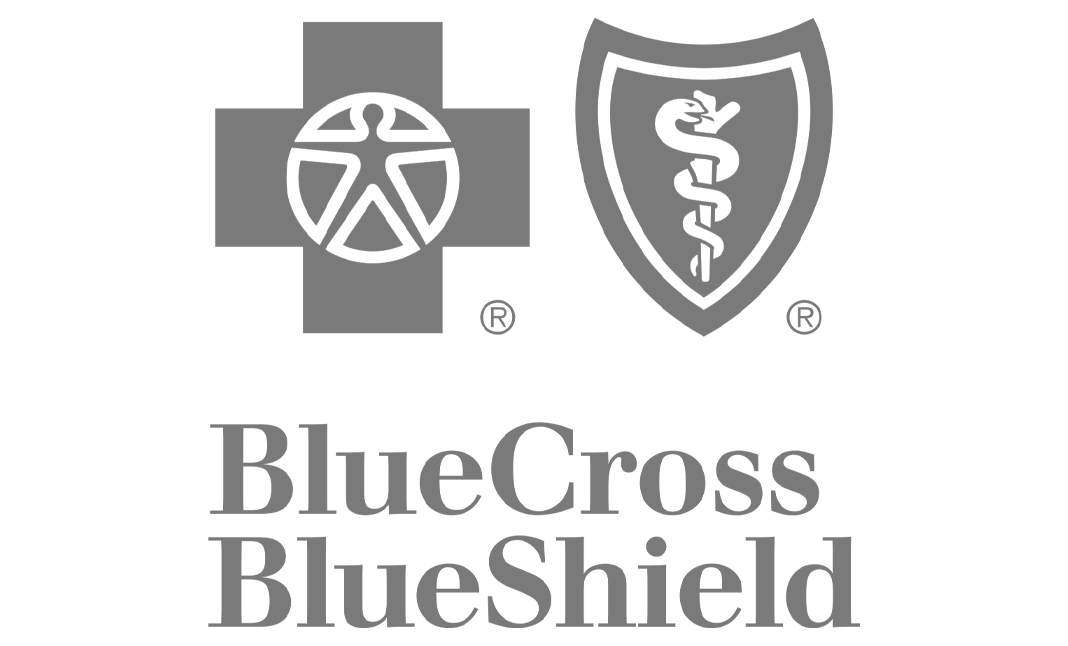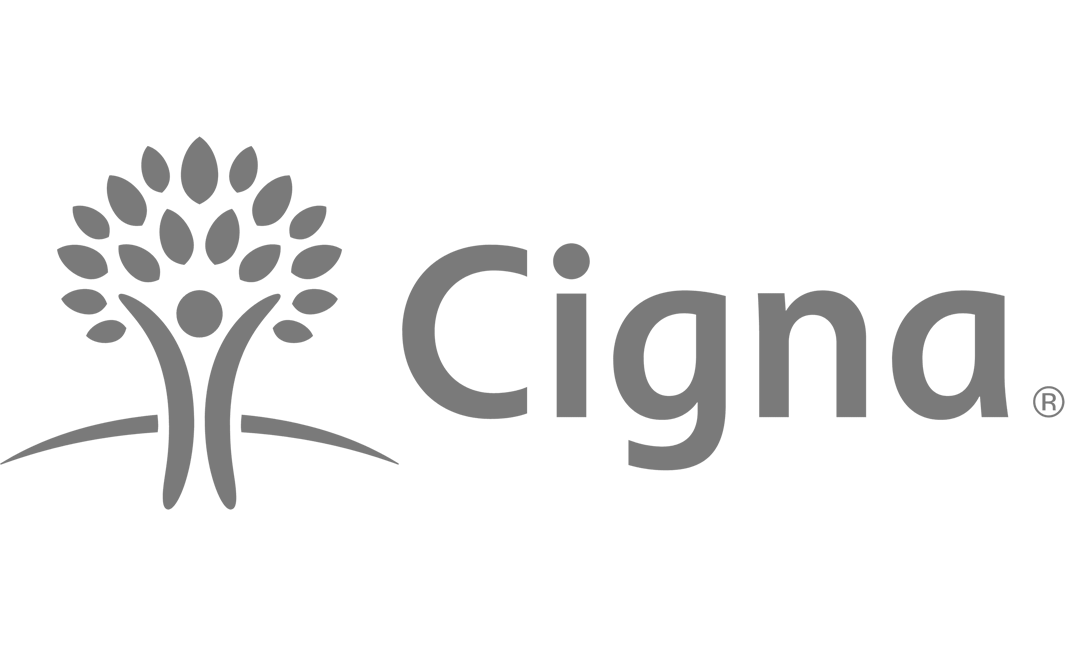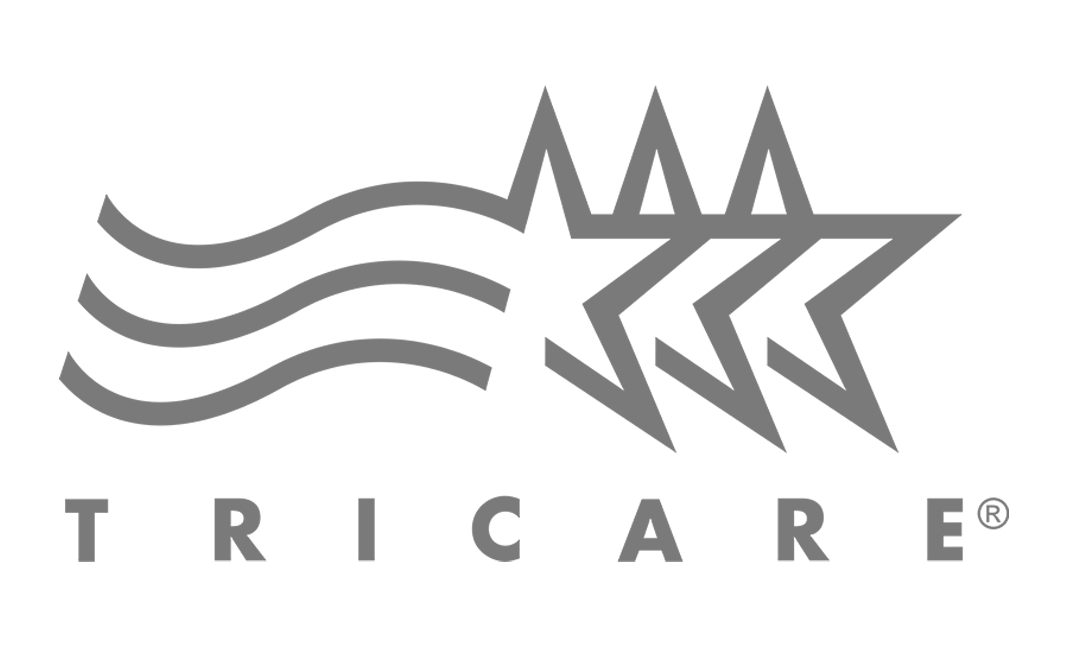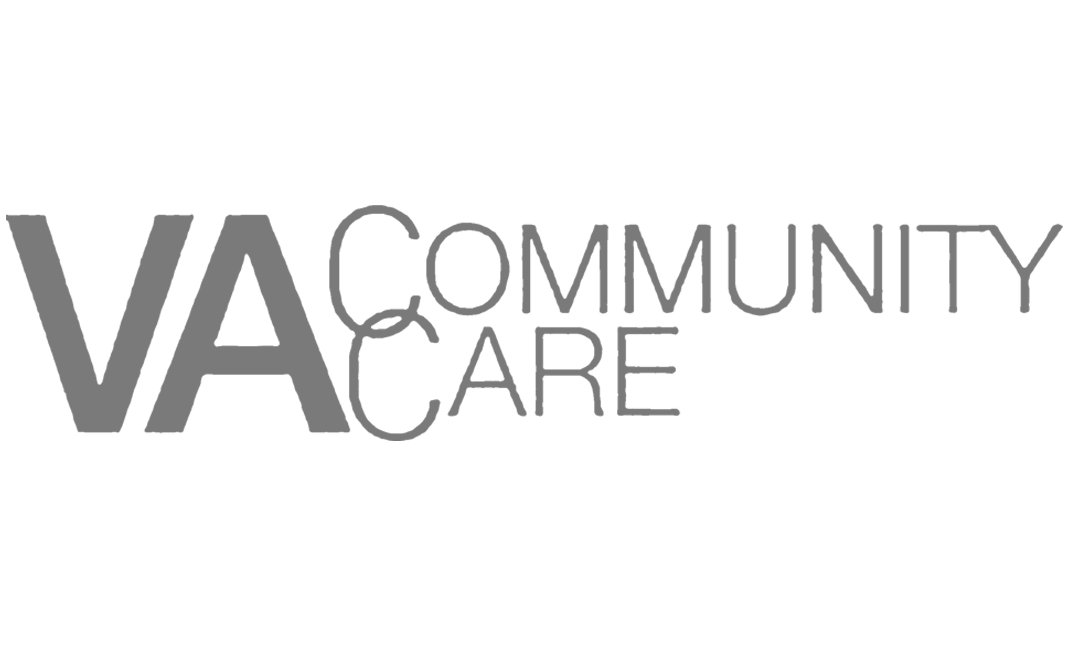What Is Medical Detox, and When Is It Necessary?
One of the most insidious things about substance abuse is physical dependency. Simply put, if you use enough of a certain substance, your body cannot function properly without it. If you do go too long without it, you might start feeling distressing withdrawal symptoms. These can range from a few days of discomfort to something far more life-threatening. Naturally, this is what makes it so difficult for people to overcome addictions to alcohol, opioids, tobacco, and other physically addictive substances. Even if they want to stop using, their withdrawal symptoms get so bad that they feel like they cannot.
That is where medical detoxification can help. Detox is the process by which addictive substances leave the body, It often causes painful and potentially dangerous withdrawal symptoms. In medical detox, the process occurs in a medical setting where the worst withdrawal symptoms can be treated with medication and other treatments. It’s one of the most important steps in overcoming addiction and what most people probably think about when they imagine a drug rehab program. However, it’s important to note that it’s only one step on the road to recovery.
Substance Use Disorders That Require Medical Detox
Not every addiction to a substance requires medical detox. Nicotine is an addictive substance found in cigarettes, but it is possible to quit smoking abruptly. In fact, a 2021 study of 21,542 people in England found that those who quit smoking abruptly were more likely to abstain from all tobacco products than those who weaned themselves off gradually.
Not all substance abuse can be stopped that abruptly, however. Some can cause dangerous and even life-threatening withdrawal symptoms, especially when there’s been long-term use. Here are some of the substances that will almost always require medical detox.
Opioids
Opioids are substances that include or mimic substances found in the opium poppy plant. They are often used for pain management, but overuse can cause your body to become reliant on them. Examples of opioids are heroin, oxycodone, and morphine. Withdrawal symptoms include nausea, vomiting, and muscle aches. They are uncomfortable but not life-threatening.
Alcohol
Unlike opioid withdrawal, alcohol withdrawal can be life-threatening, especially in those with a history of daily, heavy alcohol consumption. Alcohol slows down your central nervous system, and stopping or greatly reducing alcohol use too suddenly can excite your CNS to a dangerous degree. Many heavy drinkers experience withdrawal seizures about 24 hours after their last drink, with roughly 3% experiencing status epilepticus. This is a more serious seizure that can be fatal.
By far the most serious alcohol withdrawal symptom is delirium tremens, or alcohol withdrawal delirium. This is characterized by feelings of confusion, a rapid heart rate, an increased breathing rate, profuse sweating, and a loss of consciousness. Delirium tremens is incredibly dangerous and can be fatal, which is why medical detox is such an important part of alcohol addiction treatment.
Benzodiazepines
Benzodiazepines are sedatives often used to treat seizures and anxiety. They affect your body in much the same way alcohol does, and they have similar withdrawal symptoms such as hallucinations, panic attacks, and seizures. Xanax, Ativan, and Klonopin are all examples of benzodiazepines, and they are often called benzos or downers. These drugs are too dangerous to quit cold turkey, so medical detox is often necessary.
Who Needs Medical Detox?
Addiction to anything is a chronic condition that is very difficult for anyone to overcome, especially once your body becomes dependent on a substance. You might have developed a physical dependency if any of these descriptions apply to you.
- You’ve found that you can’t quit a substance without help even if you want to.
- You constantly crave a substance when you have no access to it.
- You find that you need to take more of a substance to achieve its desired effect.
- You’ve been regularly using a substance for a long time and at large doses.
Medical detox is usually necessary if you’re at risk of experiencing severe withdrawal symptoms and if you’ve been abusing a substance for a long period of time. For example, someone who has several alcoholic drinks every day and feels like they cannot function without them will likely need to detox, while someone who occasionally drinks heavily at parties and feels terrible the next day probably will not unless they feel like they can’t stop drinking.
The bottom line is that if you feel like you can’t stop using a substance without help or if your withdrawal symptoms are too difficult to manage on your own, you may need medical detox.
What Happens During Medical Detox?
Assessment
The first step of any medical detox program is a medical assessment. This is a comprehensive evaluation where you will be screened for risk of withdrawal, underlying medical conditions, co-occurring disorders, and any psychological factors that may have contributed to your drug or alcohol abuse. You will also be asked about your history of drug and alcohol abuse.
Once this assessment is complete, the medical staff will develop an appropriate medical plan and help you begin your detox.
Withdrawal
You’ll likely begin to experience withdrawal shortly after beginning detox. This will likely be the most difficult part of the entire process and will be influenced by the substance you were using, how much of it you were using, and the amount of time you were using it. Other factors may come into play, such as your genetic makeup and any underlying medical conditions.
Everyone experiences withdrawal a little differently, which is why you will need a personalized care plan to deal with the symptoms. Still, some withdrawal symptoms are more common than others. Some of the more common symptoms include:
- Hallucinations
- Depression
- Insomnia
- Delirium
- Shivering
- Increased heart rate
- Paranoia
- Nausea
- Vomiting
- Diarrhea
None of these symptoms are pleasant, and some can be life-threatening. You will receive around-the-clock care to deal with the worst of these symptoms. This usually includes medication to alleviate the worst of the physical symptoms, but it may also include psychological support for underlying mental health conditions and the toll that the process can take on a person. Regardless of their needs, all clients are closely monitored during the detox process.
Medical detox is perhaps the safest way to overcome any physical addiction, especially for long-time users and those with a risk of severe withdrawal symptoms. Keep in mind that some withdrawal symptoms can be fatal, and even those that are not can still be dangerous if they’re unsupervised.
How Long Does Medical Detox Last?
Most medical detox programs last between seven and 10 days, but the actual length of time will depend on several factors. The biggest factor will be the substances being abused and how much of it was taken. Someone who has been drinking heavily or abusing opiates for several months or even years will likely need a longer and more intense treatment program than someone who hasn’t been using drugs or alcohol for very long. They will have more intense withdrawal symptoms and be more likely to have other health conditions that could complicate their recovery. Personal factors such as weight, genetic makeup, metabolism, and underlying health conditions will also make a difference.
What Medications Are Used During Medical Detox?
Severe withdrawal can be dangerous, so medications are often used to treat the worst symptoms. The most well-known of these medications is probably methadone. Methadone is a fully activated opioid that is administered in controlled doses to alleviate opioid withdrawal symptoms. Clients who are administered methadone typically taper off of the drug over time as withdrawal symptoms lessen. Suboxone is also commonly used to treat opioid withdrawal symptoms, while Vivitrol and naltrexone can alleviate alcohol and opioid withdrawal.
It’s important to note that while these medications are effective in alleviating the worst withdrawal symptoms, they don’t stop the withdrawal process completely. If someone is going through withdrawal, it’s because their body has changed to the point where it cannot function properly without the substance they were abusing. It will take time for your body to adjust and get back to where it was before you became dependent on drugs and alcohol. Furthermore, medication needs to be administered carefully. Detox centers need to be federally licensed to administer methadone, and clients generally have to have abstained from drug and alcohol use for a certain period of time before many of these medications can be administered.
It’s also important to remember that not all patients are given medication to treat their withdrawal symptoms. Medications are only given when withdrawal symptoms are at their most dangerous. Improper use of these medications could only replace one addiction with another, so they need to be administered carefully.
What Comes After Medical Detox?
While medical detox may be what comes to most people’s minds when they imagine any kind of drug rehab, it’s only the first step in the recovery process. It is meant to treat the physical addiction to a substance, but it doesn’t address psychological addiction or the underlying issues that drove someone to start abusing drugs and alcohol in the first place. The entire recovery process is ongoing, and some people are in some kind of treatment for years to stay clean.
After completing a medical detox program, many clients transition to partial hospitalization or residential treatment. Many attend group counseling sessions with others in treatment and/or one-on-one sessions with a therapist to address any underlying psychological issues that may have contributed to their substance abuse. Some clients are prescribed medication to help them with any cravings they might have, although this isn’t always the case.
Finding a Medical Detox Center Near You
If you or someone you know is struggling with an addiction to drugs and alcohol, medical detox may be necessary. Keep in mind that no two people are alike, so you’ll need to find a center that caters to your or your loved one’s needs. A good medical detox center will offer around-the-clock care and supervision, and it will have a trained medical staff that can respond to various medical needs. Any detox center should also be fully licensed and accredited. Finding a center and a program that best suits your needs can be difficult, but it’s also necessary to ensure that the detox process is completed safely.
For more information about our medical detox programs or to find treatment in Mississippi, contact us today. Our staff at Defining Wellness Centers will be happy to answer your questions and find the help that you or your loved one needs.










